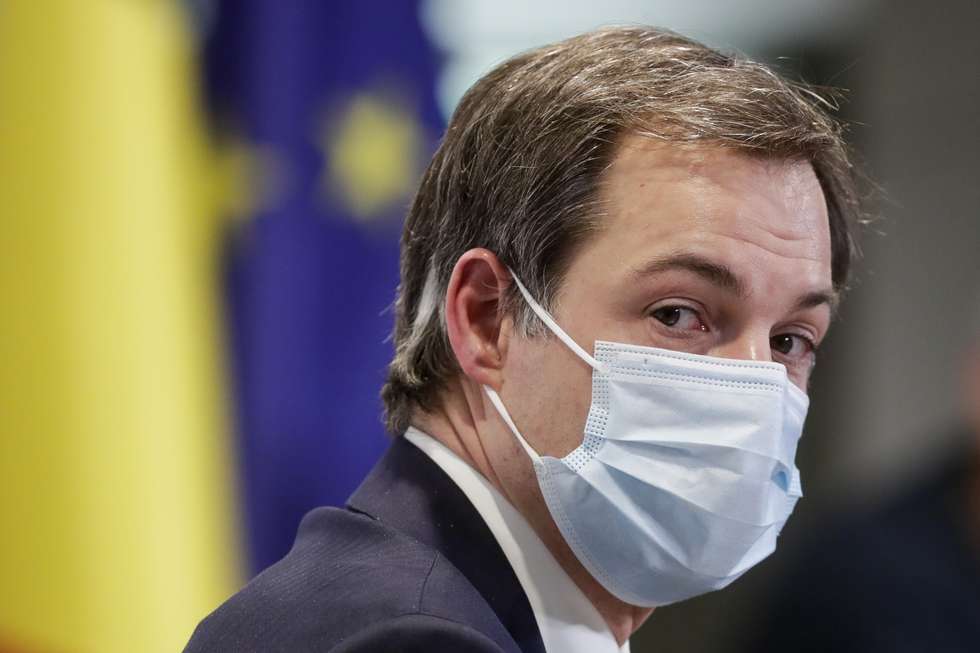Belgium has adapted its coronavirus fighting measures with the upcoming carnival holidays in mind, Prime Minister Alexander De Croo announced during a press conference on Friday.
"The coronavirus situation in our country has been reasonably stable since December," said De Croo. "At first glance, this might sound like not such a big accomplishment, but in my view, it is."
"We have remained stable at a time when new variants have emerged, which have led to major outbreaks in other countries," he said. "I think that is important, because it shows that the rules we have are working. Mainly because we all follow the rules together."
"We have all managed to do all of that while still keeping our schools and businesses open as much as possible. Other countries have not been able to do that," De Croo said. "But we have to be very careful. That is why we will work in two stages."
Hairdressers can reopen on 13 February, under very strict conditions. The other non-medical contact professions, such as beauticians and tattoo artists, can reopen on 1 March.
Campsites and holiday parks will be allowed to open again from 8 February. Zoos can also reopen 13 February under the same rules as nature parks, meaning that only outdoor activities are allowed.
For professional real-estate agents, home visits are allowed again from 13 February.
Related News
- These are the rules for Belgium's contact professions to reopen
- Returning travellers who do not get tested will be punished by Easter holidays
- Belgium extends covid measure deadline to 1 April
"This week, there has been a lot of talk about young people and the difficulties they face. It is very right that we talk about them, but we should also talk about other groups," De Croo said, referring to grandparents and people living alone.
"For the people in the hospitality industry, the events and cultural sector, these are also very difficult times for them," he added.
"Some kind of measures have been in force for almost a year now," De Croo said. "Let me be clear: we do not want to keep these measures in place one day longer than necessary. We have asked the experts to lay out a clear path, taking into account not only the number of infections, hospitalisations and deaths, but also the state of the vaccinations, in particular of vulnerable groups."
"We may be making our own original Belgian model of approach, if you compare our approach with many other countries," said Federal Health Minister Frank Vandenbroucke, referring to many countries that have closed schools.
"At the start of this government, we agreed that we wanted to keep schools open, we wanted to keep businesses running as much as possible, and we did not want people to fall into social isolation," he said.
For this system to succeed, Vandenbroucke again stressed the importance of three main factors: testing, isolating, vaccinating. "In terms of our vaccination campaign, we are doing better than a lot of European countries."
"Concerning testing, we have an asset that supports the Belgian approach. We have built up a huge testing capacity. We are also using it now," he said. "Getting tested means protecting yourself, but it also means protecting others. It is a form of solidarity."
A penalty system will be put in place for people who do not get tested even though they have to, such as returning travellers. It will be in place by 1 April at the latest, meaning before the start of the Easter holidays.
"Their details will be given to the police so that they can be penalised," Vandenbroucke said. "We have made good arrangements about this with the different Regional governments."
Belgium's other measures have been extended until 1 April, but that does not mean that no changes to the rules are possible in the meantime. The next Consultative Committee meeting will take place on 26 February.
Maïthé Chini
The Brussels Times

